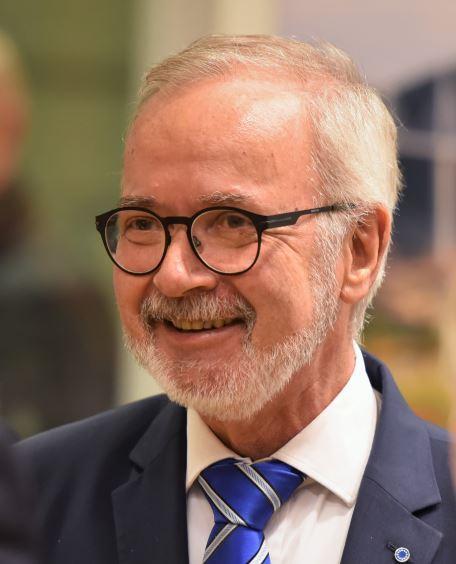EIB President Hoyer’s opening remarks during “Investing in Climate Action” conference
Check against delivery

Ladies and gentlemen,
Colleagues and friends,
I am delighted to welcome you, on behalf of the European Investment Bank, to this important conference.
A special welcome to our co-organiser: the European Commission under the leadership of Ursula von der Leyen and her Executive Vice-Presidents Vladis Dombrovskis and Frans Timmermans.
Thank you very much for the excellent cooperation!
In my opening remarks, I would like to take you back thirty years, when Europe stood before the great economic and social challenge at that time: transforming the crippled communist economies of Central and Eastern Europe into modern market economies.
A challenge that looked daunting indeed.
When I worked at the German Foreign Ministry in the mid-1990s, we referred to this group of countries as transition economies.
Thirty years later, we are all transition economies facing an equally daunting challenge.
Not only must we make our fossil-based economies carbon neutral by 2050 to prevent catastrophic climate change.
But we must do so while recovering from a public health and economic crisis.
I have little doubt that Europe can, and will manage this transition and achieve its goal of net-zero emissions by 2050, even if that still requires a lot of hard work.
Europe’s Green Deal tackles the crisis head-on.
1) It is ambitious,
2) It is comprehensive, and
3) Like the transition in Central and Eastern Europe 30 years ago, it has strong focus on growth.
With the Next Generation EU recovery package, reinforcements to the EU budget, and the EIB by its side, Europe’s Green Deal is also backed by an unprecedented public financial firepower.
After the financial crisis, after the euro crisis, after Brexit, Europe is leading the way on the climate front.
This makes me a very proud European today!
But make no mistake: this is not a task for Europe alone.
Europe accounts for less than 10% of global emissions.
Climate change is more than a European issue.
It is a human issue.
China’s recently announced commitment to decarbonise by 2060 and Joe Biden’s decision to bring the United States back into the Paris Agreement are clearly positive developments.
They mean that countries responsible for producing half of global greenhouse gas emissions, and here I include the European Union, are now on a net-zero pathway.
But we must also consider the other 50% of the world.
These countries, many in sub-Saharan Africa, account individually for a fraction of global emissions, but stand to be some of the most affected by rising seas and temperatures.
They are also home to some of the planet’s most precious assets – rain forests – and are rich in biodiversity.
Their growing populations have a legitimate desire and interest to have the same access to energy as we do.
So, we need to help these countries adapt to climate change, protect their unique ecosystems and make sure their economies are sustainable for all our sakes.
Europe needs to become a champion for a global Green Deal.
And for that our foreign policy and climate policy must become two sides of the same coin.
I am very grateful that we have distinguished speakers from all corners of the world join us today to discuss the challenges for this an endeavour and the plans for the crucial decade ahead.
Thank you for being with us!
Today should be a place for leaders to come together and share their plans at home and on the international stage; and a place for investors and entrepreneurs to understand the determination with which we will be pushing ahead on the green agenda.
Ladies and gentlemen,
I welcome you again to this conference and hope that through our discussions, we can help make our vision of a net-zero economy a global reality very soon!
Thank you very much!